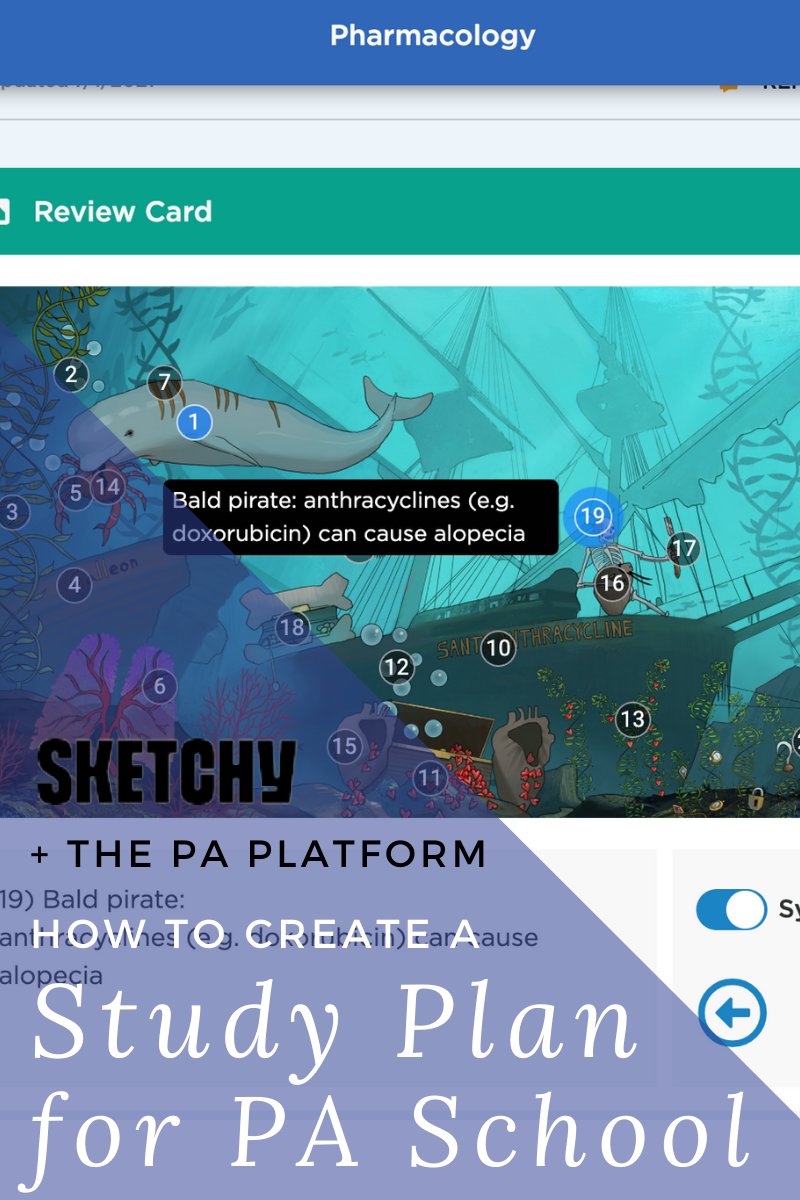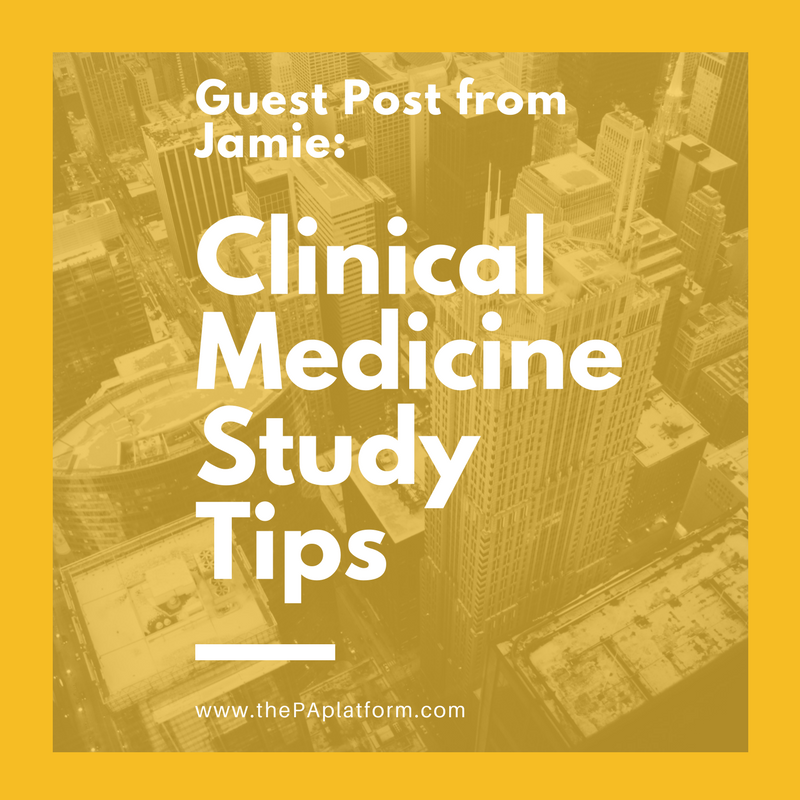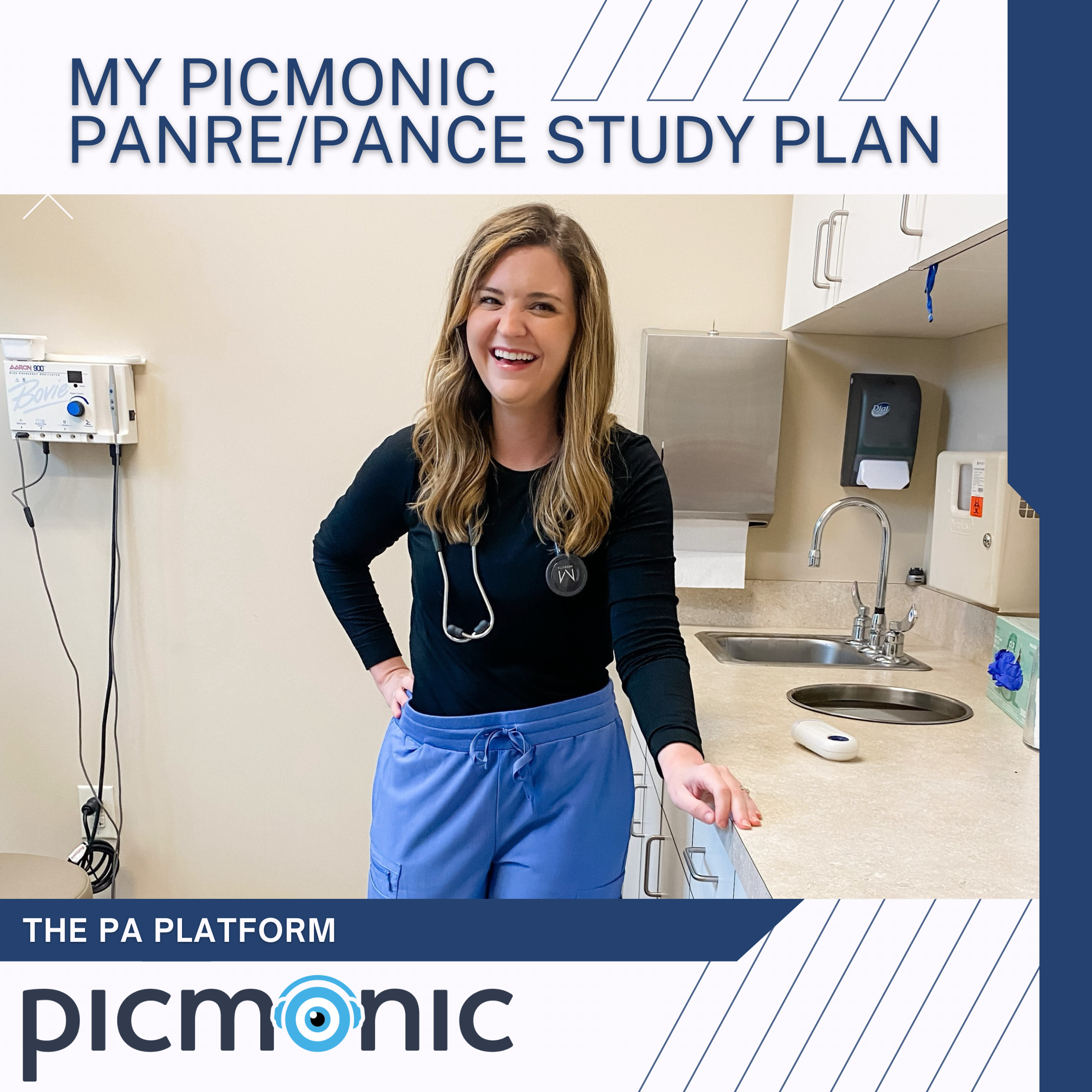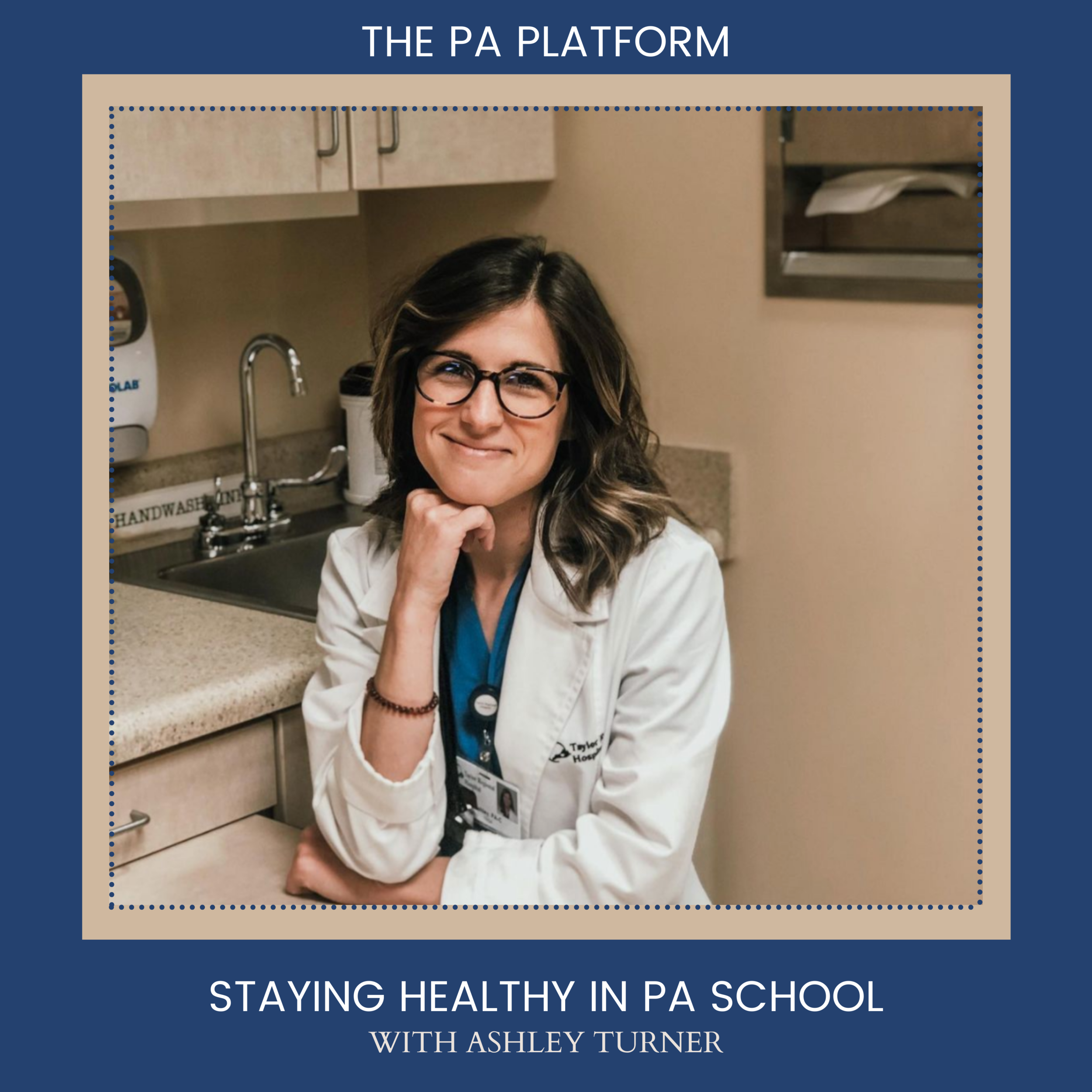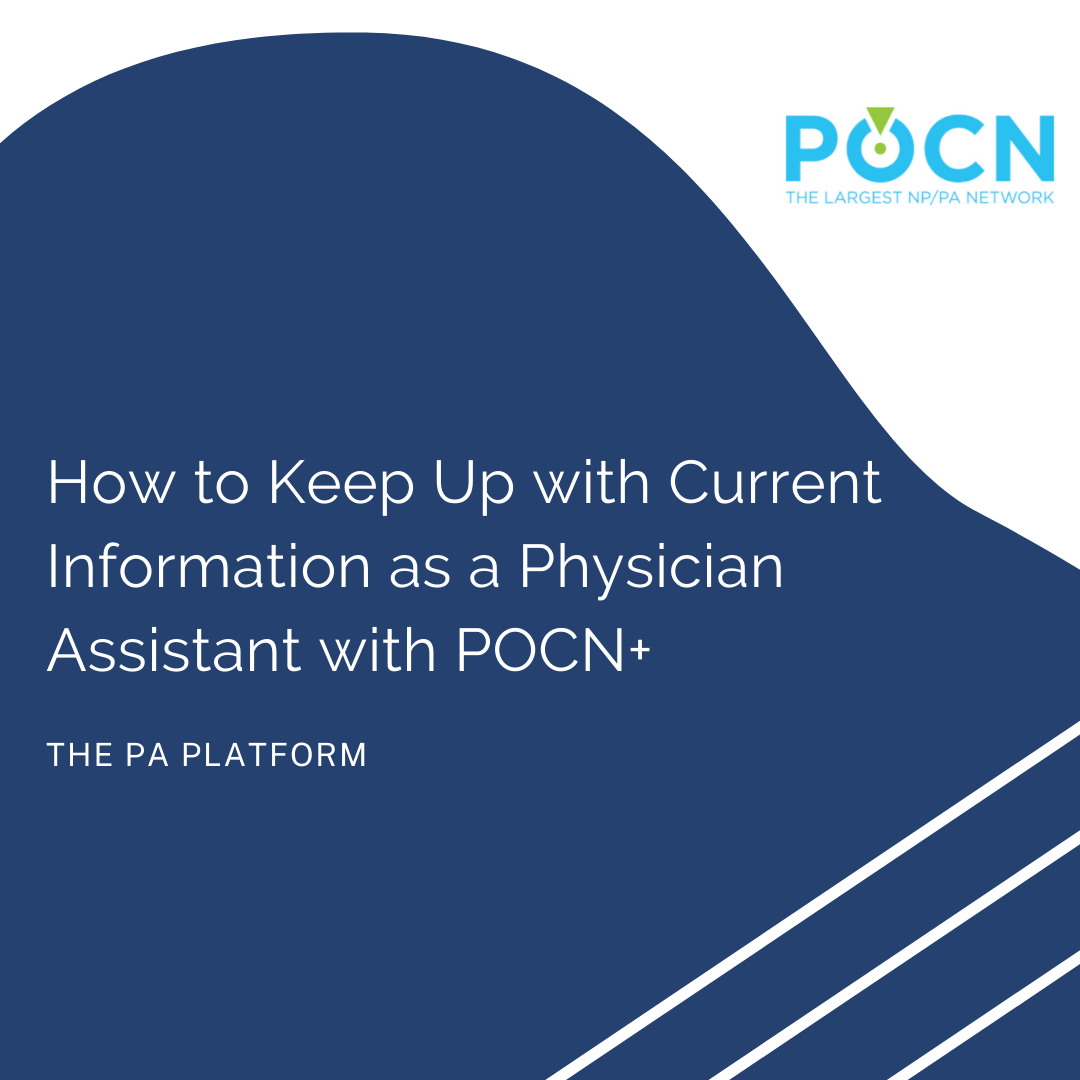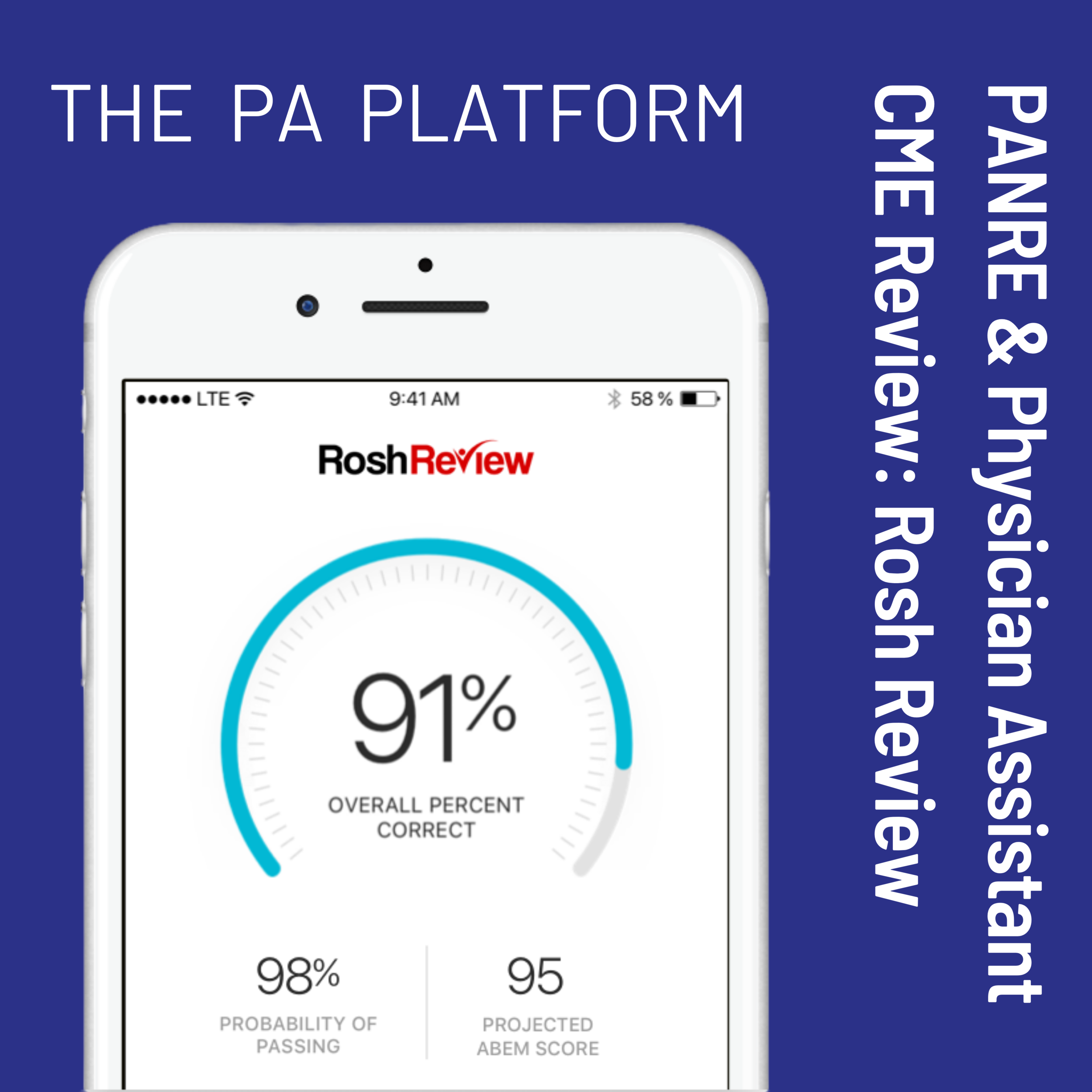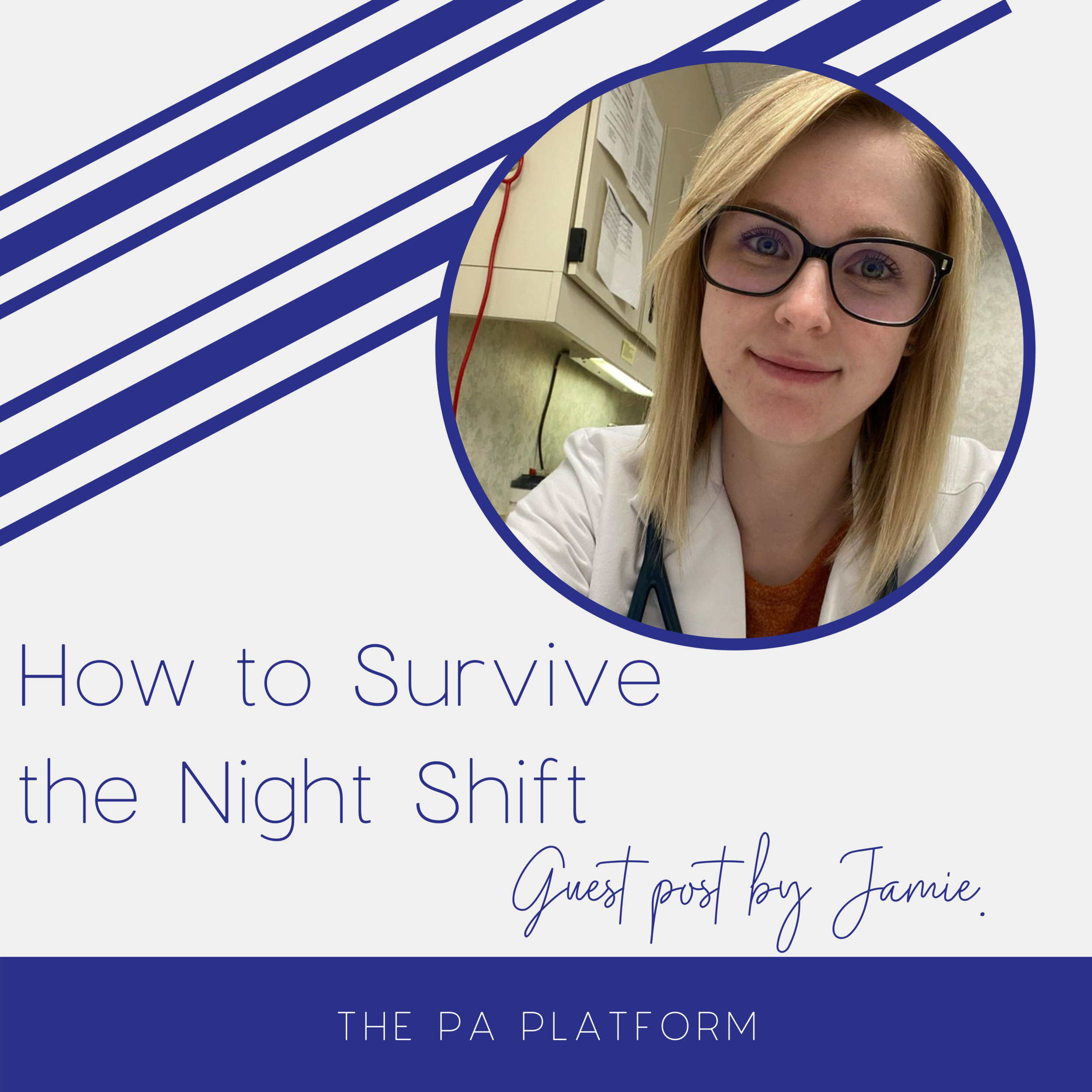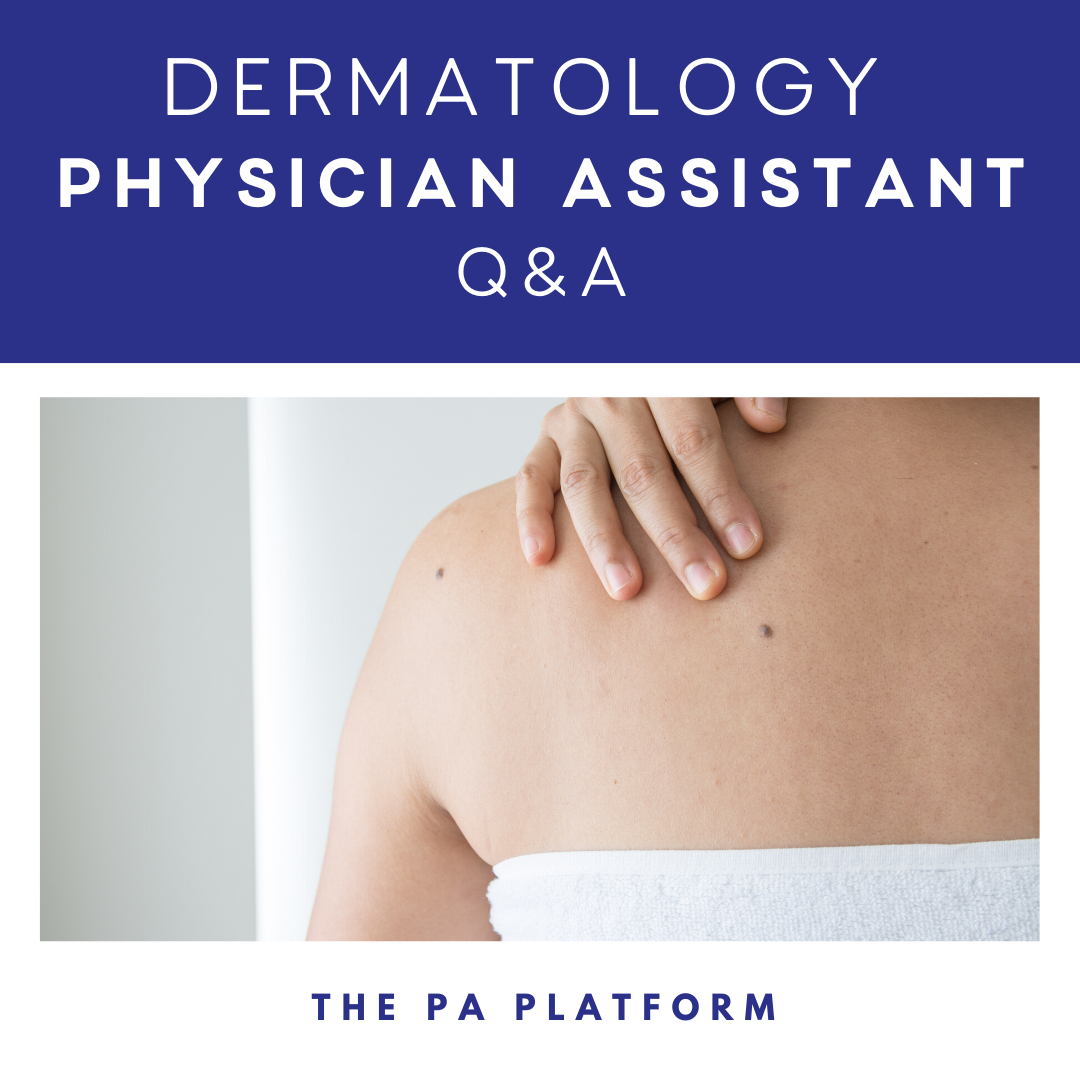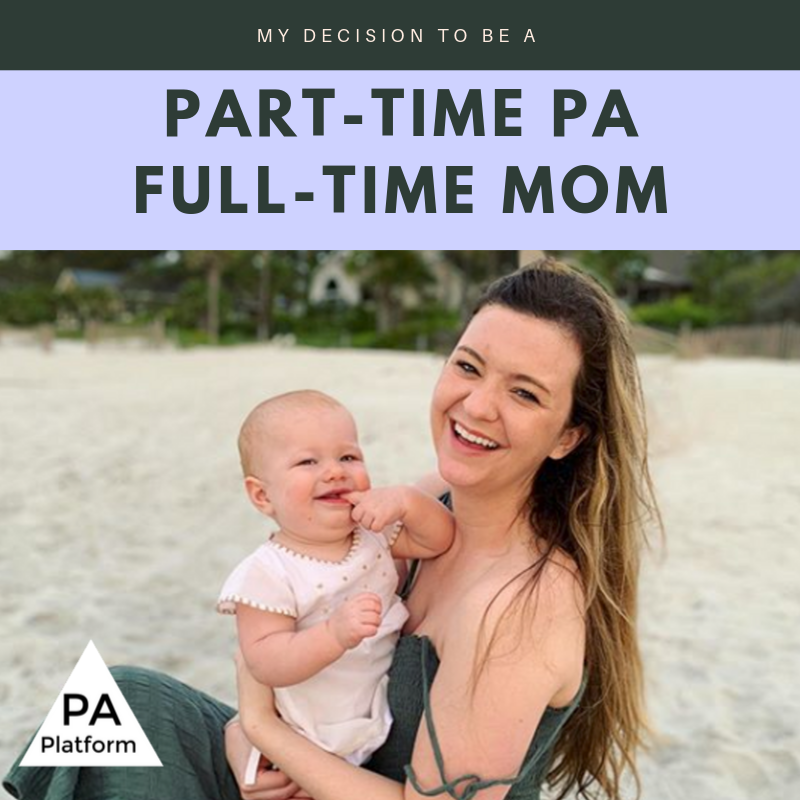This was my first surgical rotation, and I don't think I realized how much surgery is involved in OBGYN until I was there. I have to admit I was not excited going into this rotation. I had never done a Pap smear up until this point, and I was thinking I would be just fine if I never did. Nonetheless, it is an important skill that I did get some practice with.
Anyways, I showed up on the first day and met my preceptor and her medical assistant. They were so much fun to work with, always saying hilarious things, even if they were sometimes slightly inappropriate. My preceptor was from Europe, so she was raised with a different medical model, and she has extremely strong opinions about our government. That made for some interesting discussions, and I did learn a good bit about politics so I could keep up with her jabs at political figures. She was really fun to work with, and a very patient preceptor. She would ask me questions, but was never rude or condescending towards me (or any of the staff for that matter.) I really respected how laid back she was, and I honestly don't think I ever saw her stress out about being behind or having to run back and forth from the office to the hospital.
They told me to meet at the hospital at 6 am for my second day to go into the operating room. I was so nervous. My biggest fear was passing out when the surgeon made their first cut. While shadowing in dermatology, I had a close call when I saw a punch biopsy, and that's nothing. I mean, I actually do those myself now, which is especially silly to think back on. When I saw the PA cut into the patient, for some reason my face turned white and I started blacking out. Luckily, the PA looked over at me and asked if I wanted to sit down, which was a great idea. So needless to say, I didn't really want to make a fool of myself at the beginning of my rotation.
I showed up at the hospital to watch a laparoscopic tubal ligation and an abdominal hysterectomy. During laparoscopic surgery, you watch the monitor more than anything else. Hysterectomies can also be done laparoscopically in some cases, but this one wasn't. As they started to do the transverse abdominal incision, my nerves melted away, and I was intrigued by getting to see all of the organs I had been learning about in a real person. This is where having a cadaver lab in anatomy really became helpful. Although cadavers don't have the same fluids that a live body has, I had already felt the difference in an artery and a nerve, and when there are a bunch of fluids, it can become hard to differentiate. That was a fun day, and really started my love for surgery.
When we weren't at the hospital for surgeries (which were almost every morning), we saw normal patients at the office. This consisted of a lot of annual checks and pregnancy checks. I learned to do a Pap smear and vaginal exam, which I don't use at all in my current job, but still good to know. I wouldn't say that I feel proficient in those skills, but if I need to do it I can. It came in handy during my internal medicine rotation, where they had me do every single Pap smear that came in to the office (not awesome). Pregnancy checks consist of a Doppler ultrasound, measurement of the abdomen, palpating the abdomen, and towards the end, a vaginal exam for dilation and effacement. I've never been pregnant, and I had never even seen a very pregnant belly, but here are the things I learned about pregnancy:
- You can visibly see the baby moving, and it's kinda freaky. Try not to make weird faces because the baby daddy might call you out, and that's embarrassing.
- If you are more in shape/fit/healthy before you get pregnant, you will likely have an easier pregnancy, less weight gain, easier time losing the baby weight. If you are more unhealthy, you will likely be more miserable.
- Pregnancy is different for everyone! Here's hoping when that time comes, I get the easy kind.
- Pregnant women seem to be doing great, but at a certain point, they're all ready to not be pregnant anymore. And those last vaginal exams seem to be really painful.
- If you've never been pregnant, an OBGYN rotation can freak you out and prepare you way too much for what's to come.
My rotation was in October, and I'm not sure what holiday happens 9 months before then (New Year's maybe?), but there were SO many births while I was there. I assisted in 9 C-sections, and saw 5 vaginal births. My classmate who rotated in February had no births with the same preceptor, so it's really hit or miss with what you'll actually get to see. Cesarean sections (C-sections) are really interesting surgeries. The patient is awake for one thing. Basically an incision is made through the skin, and then the fascia, and then you can see the uterus! We had one patient who was on her 4th C-section, and she was a very high risk pregnancy. When we got to her uterus, it was about as thick as plastic wrap, and you could see through it like plastic wrap! Once the uterus is opened, there's a whole lot of fluid that's released. Births are extremely messy. It is really cool getting to see the baby delivered and how excited the parents are. Vaginal births are also interesting, but honestly neither option looks quite natural. I wish I had seen a multiples birth while I was there, but I got to see plenty of single births.
On my longest day there, I arrived at 6 am and didn't go home until midnight. We had 3 women in labor at the same time by the time we were done with clinic patients. 2 were first time mothers, and the other was having her third child. It was definitely worth staying around, but I was exhausted by the time I made it home that night.
One interesting case I saw was a woman who had a procedure done for abnormal cells on her cervix. She called the office because she had started bleeding about a week after the operation. She came in and was extremely pale, and she was bleeding through at least one pad each hour. That's too much blood loss. We ended up having to go back to the OR to stop the bleeding, but it was pretty scary seeing her so unstable.
I ended up actually really enjoying my time in OBGYN. I liked the OB part of this specialty much more than the GYN part. There are some residencies available if this is a field that you are really interested in. Unfortunately, in Georgia, PAs are not able to deliver babies. We actually had a PA who had done a residency in California come talk to our class, and although she had done over 500 deliveries, she still wasn't given clearance to deliver in Georgia. If you are into the OB part of things, you may want to look into state laws before doing a residency.
































